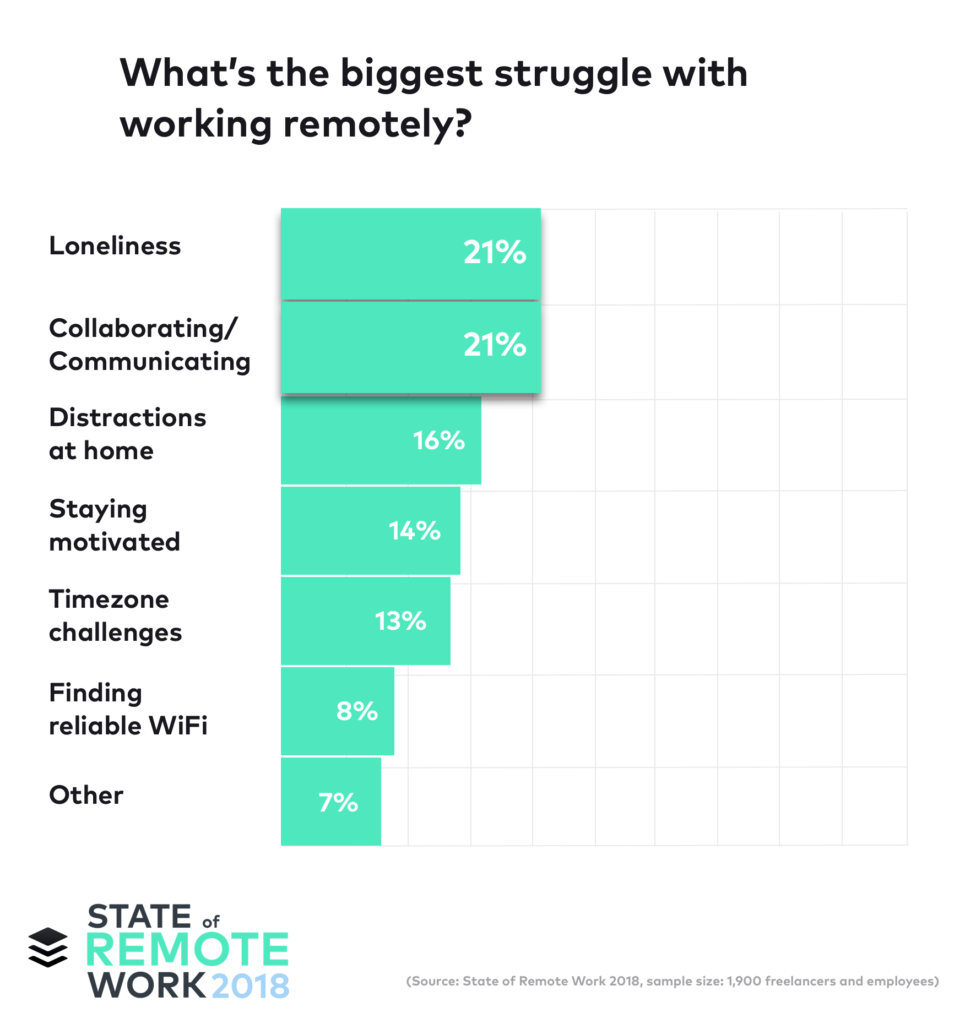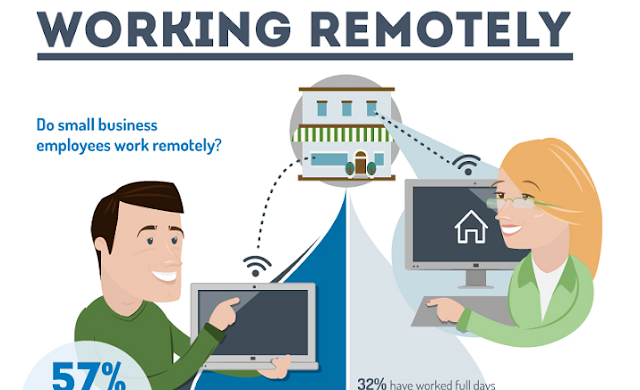

Again, if there is no payroll in place, you yourself cannot voluntarily make Belgian contributions as an employee. Regarding social security, an employee working in Belgium will normally have to pay Belgian social security contributions. If you work remotely for a US-based company, you should qualify for the ‘ Foreign Earned Income Exclusion’ (FEIE) or claim a ‘ Foreign Tax Credit’. There should be no risk of double taxation since you can only physically work in one country at a time. Not because your employer is in the US but because of your US citizenship. However, you will have to file a tax return in the US as well. In Belgium, you will settle these taxes through your annual tax filing in absence of a monthly payroll. This would also require you to ask your employer to stop withholding US taxes from your paycheck, as they will be due in Belgium instead. Based on Article 14 of the US-BE tax treaty, a US salary will be subject to Belgian taxes if it is earned by a resident of Belgium for work performed in our country. You will need to consequently also obtain a long-term visa and residence permit for Belgium.Īs a rule, the physical location where you work determines where you pay your income tax, regardless of where your employer is located. However, if your US employer has no registered entity in Belgium, it is not that straightforward to apply for a work permit. If the employer has no intention of opening an EU office, you will probably end up working from home or from a co-working space.įoreign workers who are non-EU nationals and who want to pursue salaried employment in Belgium must normally request a work permit (single permit). Often, the US company is not yet active in Belgium, and the move abroad is your personal decision. In that case, local law, including employment law and regulations, applies. If the US company is already active internationally and has one or more EU subsidiaries, you could consider becoming an employee of the local entity instead. Many companies regularly hire offshore workers exactly this way.

Even if your work can be done remotely from Belgium and your employer agrees, there are different legal, tax and social security implications to consider.įirst of all, it is perfectly legal for the US company to keep you on their payroll and continue paying your salary into a US bank account. If you are planning to move to Belgium for your partner’s career or you are going on an EU adventure yourself, you are probably wondering if you need to quit your job stateside or can continue working for your US employer.


 0 kommentar(er)
0 kommentar(er)
